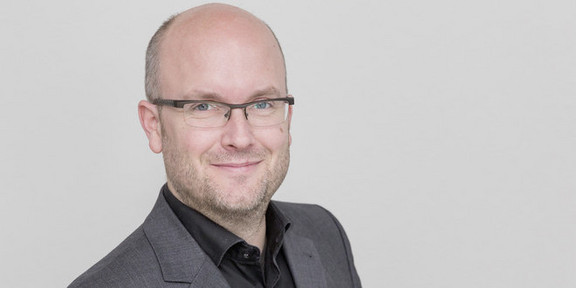Major European Network will set up “National Competence Centres for Social Innovation”
- News
- Fakultät

During ESF’s new funding period 2021-2027, social innovation will be in the spotlight. A key part of “ESF Plus”, as the new seven-year framework is named, will be the “EU Programme for Employment and Social Innovation (EaSI)”. EaSI is supposed to promote a high level of quality and sustainable employment, guarantee adequate and decent social protection, combat social exclusion and poverty, and improve working conditions through social innovations.
But how to fund and support social innovations? Which resources and competences in the EU member states can be put to use, which national, regional or local approaches have worked well, and which actors from policy, science, and practice dominate the field? Over the next two years, the ESF will fund the development of National Competence Centres for Social Innovation in order to consolidate and harness expertise in all European member states. A central aim is to better understand the different ecosystems of social innovation around Europe and to further develop them, also through transnational exchange and support.
Social Research Center Dortmund (sfs), Scientific Unit of TU Dortmund’s Faculty of Social Sciences, is the scientific partner of the German consortium to set up the National Competence Centre, joining established practice partners like Social Impact, the Financing Agency for Social Entrepreneurship (FASE), and the Social Entrepreneurship Network Germany (SEND). The German consortium will be part of an international network bringing together European social innovation expertise in science and practice. Dr. Christoph Kaletka will lead the project at Social Research Center Dortmund. He says: „After the German Bundestag’s 2020 resolution to systematically support social innovation in the upcoming years, the European Union is also taking an important step. Policy is beginning to recognize the potential of social innovation to solve the major societal challenges we are facing.“
The project will start in May 2021.
Press release of TU Dortmund University (only available in German)




